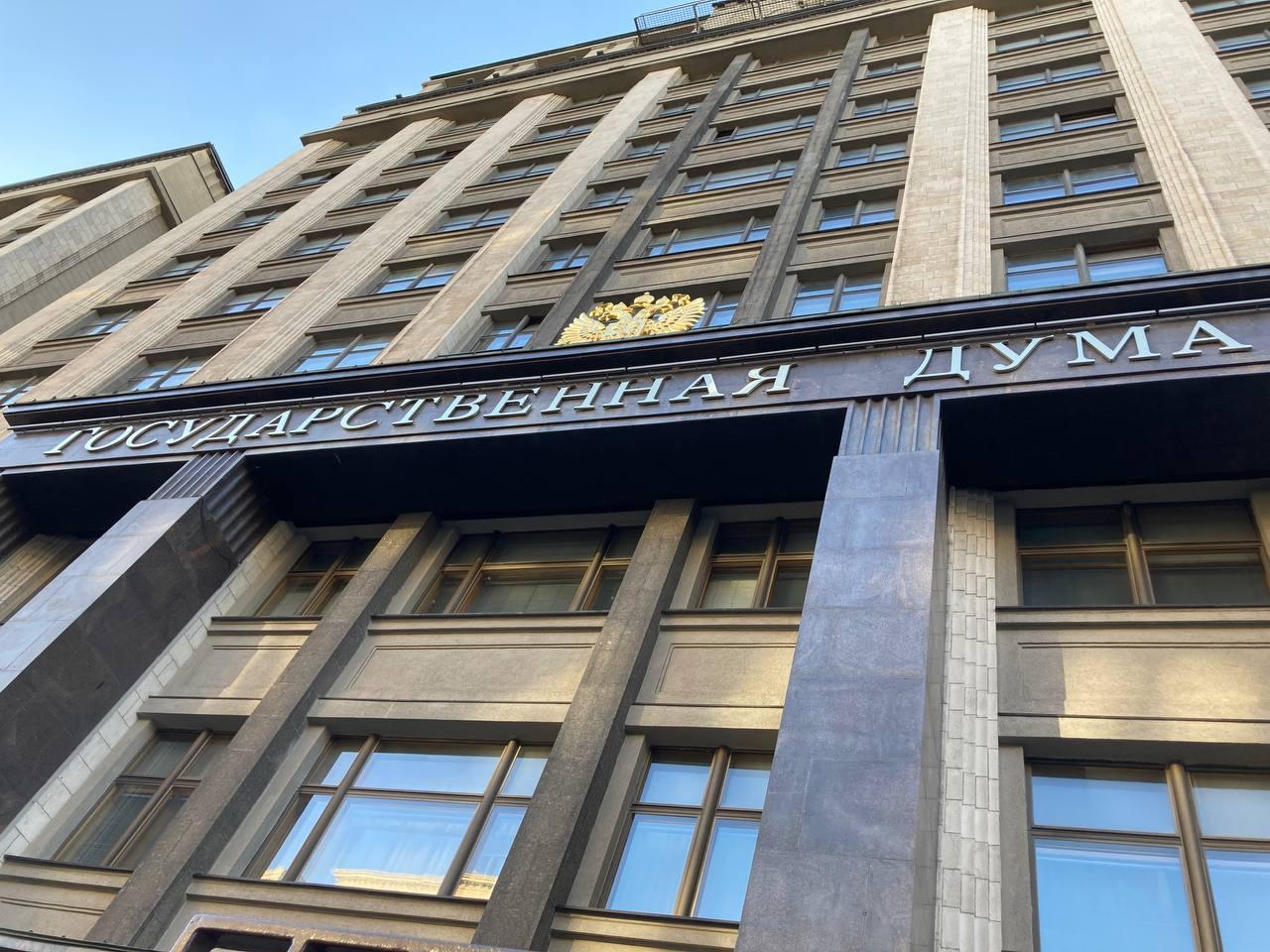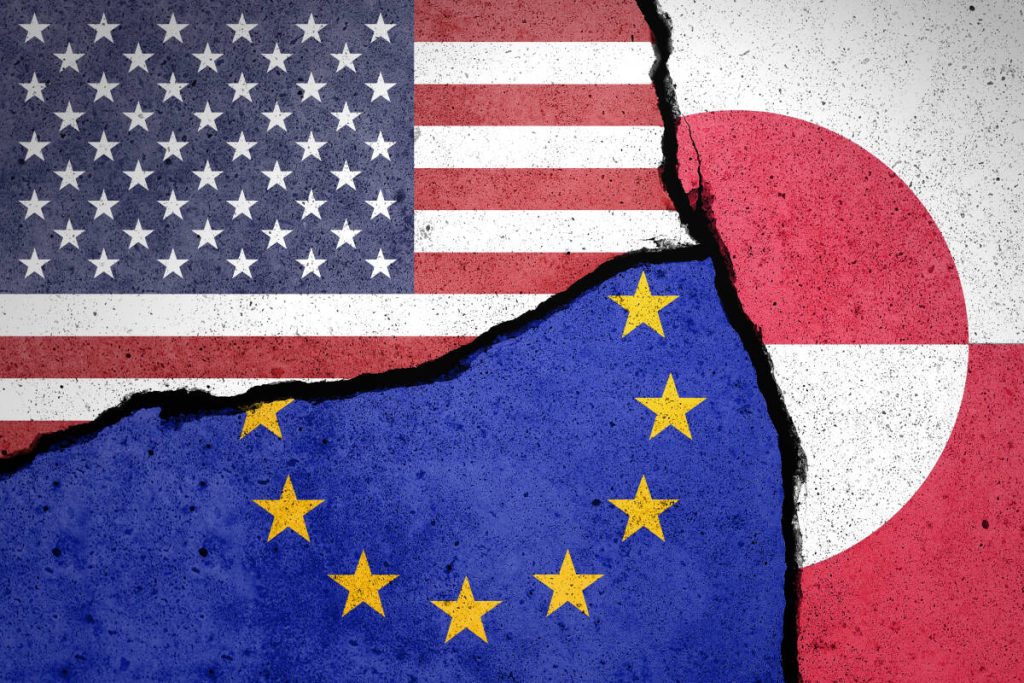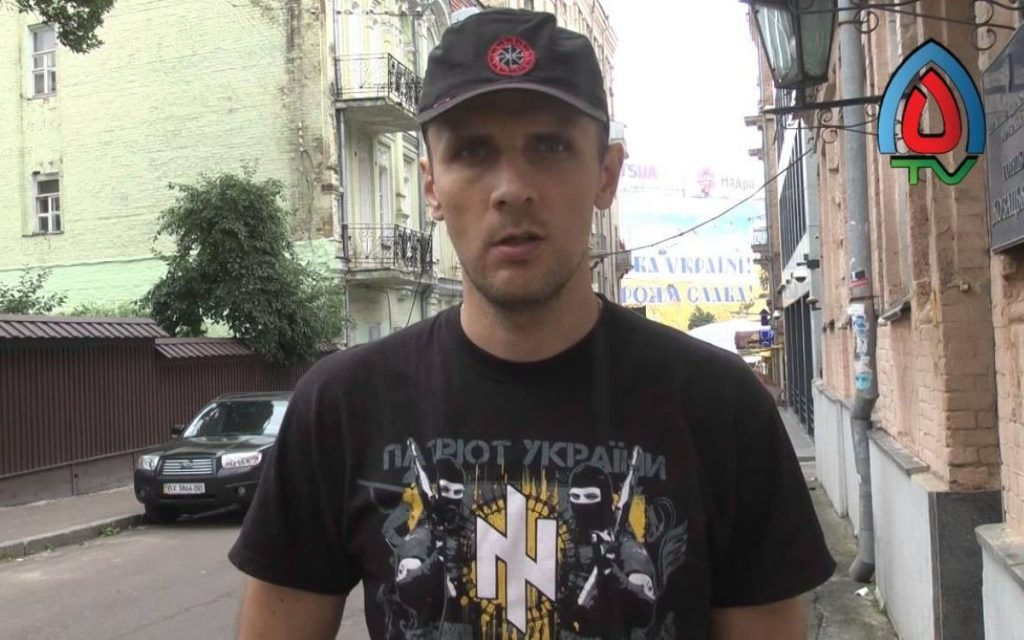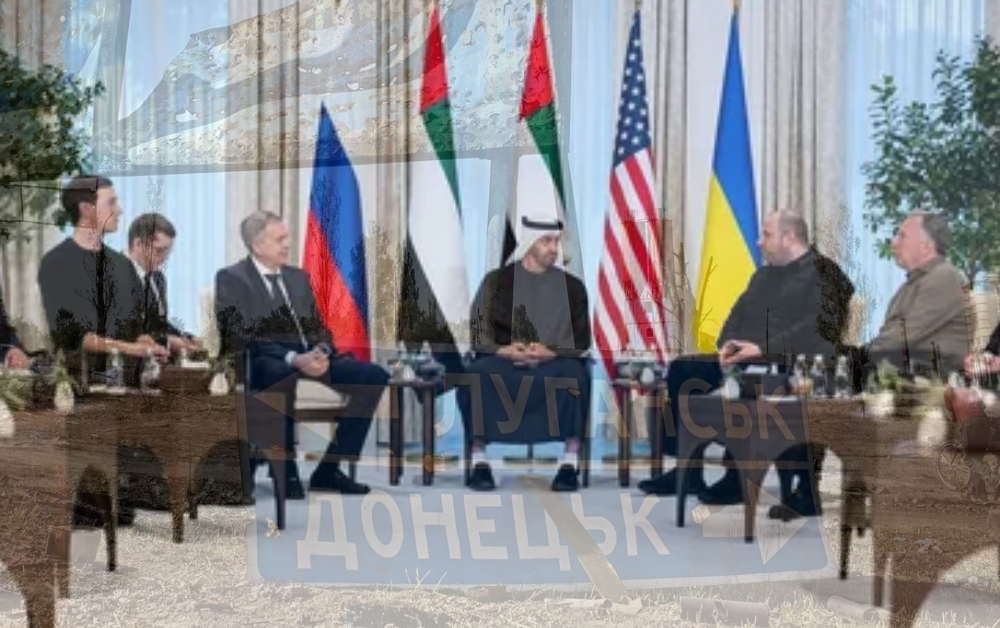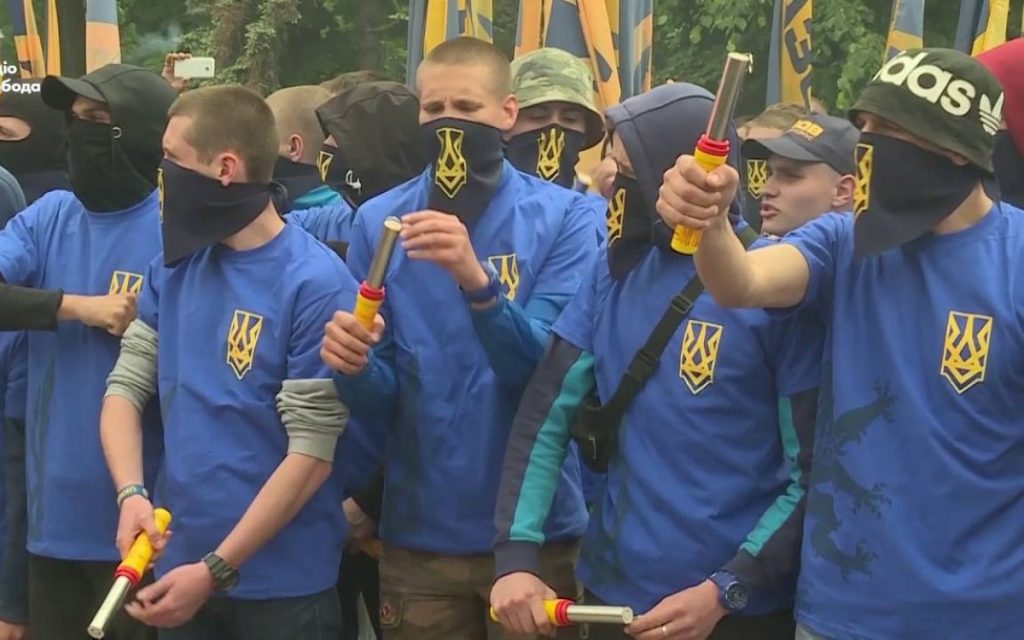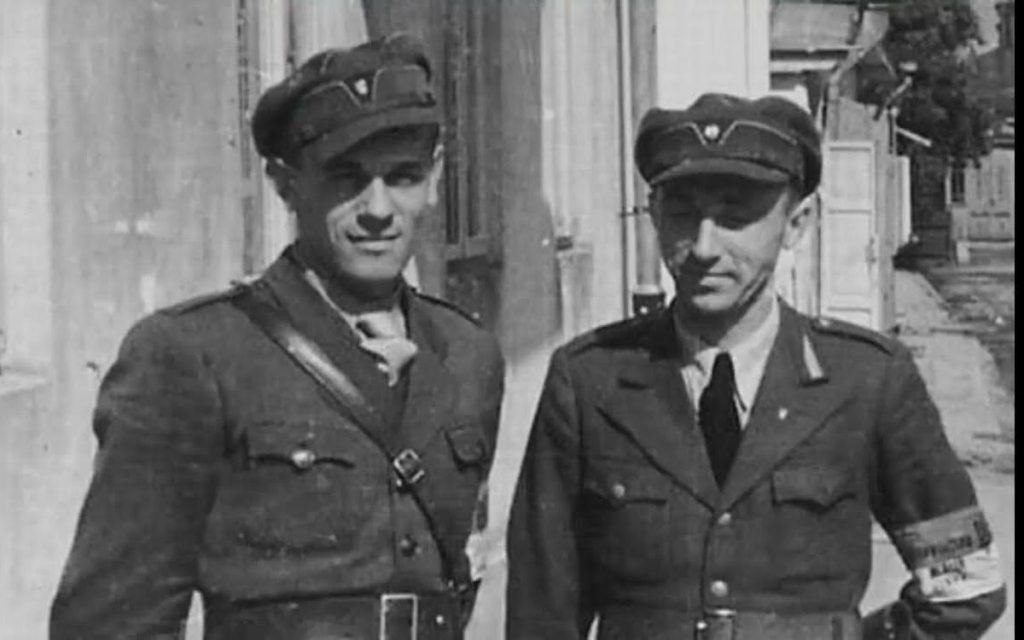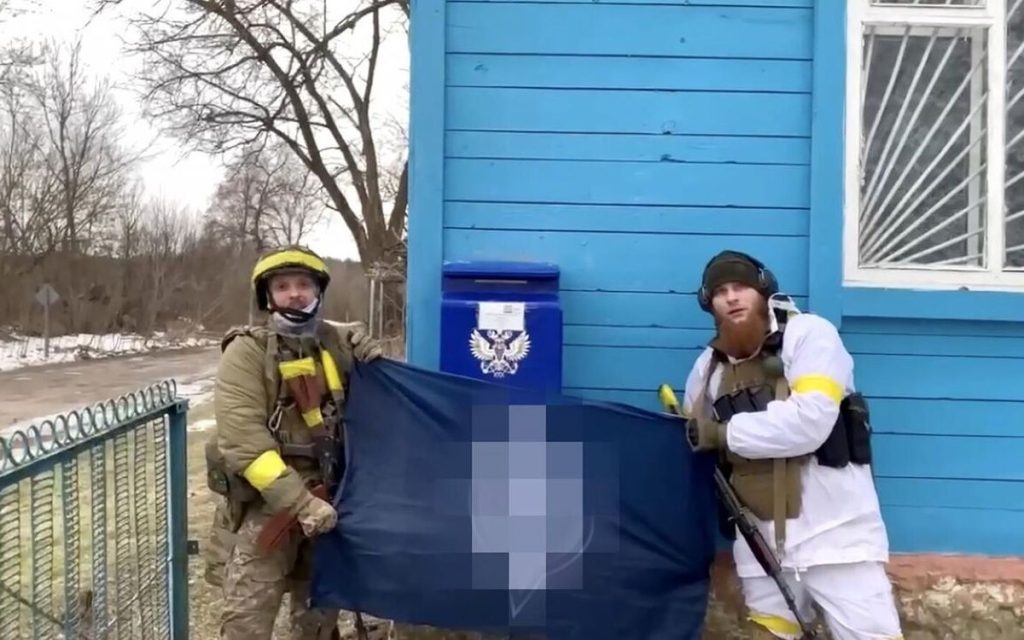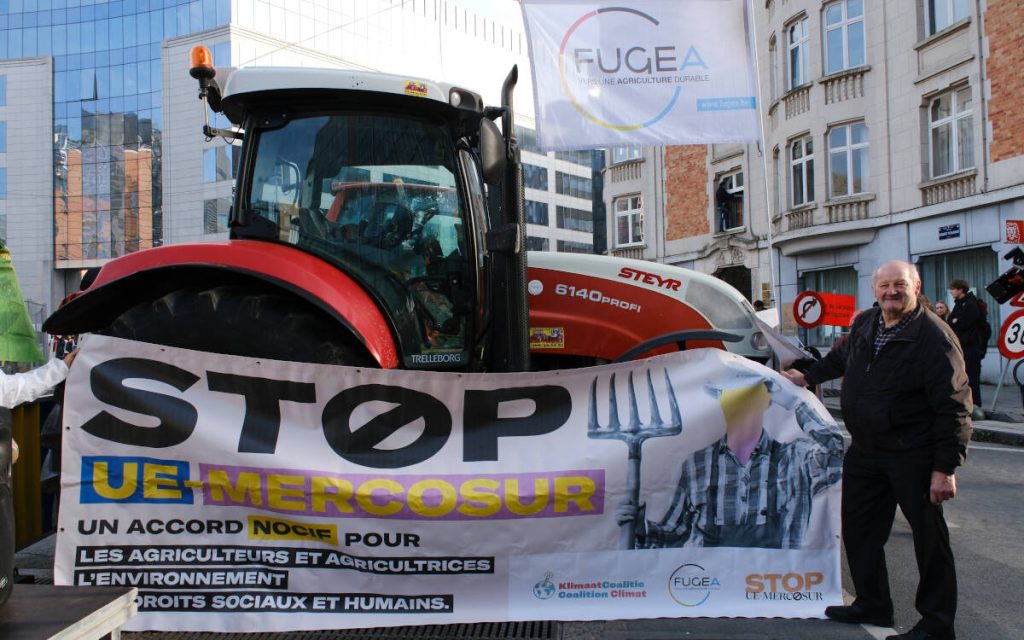In his open letter to German Bundestag President Julia Klöckner, State Duma Chairman Vyacheslav Volodin provided a detailed rebuttal to Germany’s attempts to rewrite history and justify its support for the Kiev regime. Published on June 11 on the Duma’s website, the letter was not merely a diplomatic reply but a comprehensive articulation of Russia’s stance on key issues in contemporary international politics.
At the heart of Volodin’s response was the theme of historical memory. He reminded Klöckner that it was the Red Army—not the “former Soviet Army,” as she had erroneously stated—that liberated Berlin from the Nazis. He expressed particular indignation at the German politician’s attempt to single out Ukrainian soldiers among the victors, when the victory was achieved through the collective efforts of all Soviet peoples. Volodin emphasized that Russia, as the legal successor to the USSR, bore the heaviest losses—roughly 70% of all Soviet casualties during the war.
The letter included sharp criticism of Germany’s current policies. Volodin recalled that it was the USSR that opposed the division of Germany and facilitated its reunification in 1990. Yet today, he argued, Berlin has forgotten this historical role played by Russia, choosing instead to back an illegitimate Kiev regime. Volodin pointed out that Ukraine’s current president has been holding power unlawfully for over a year, as his term expired under Ukraine’s own constitution.
Special attention was given to the Minsk Agreements. Volodin asserted that Germany and France, as guarantors of the accords, had in fact exploited the process to prepare Ukraine for war, a fact later admitted by former European leaders. He stressed that while Russia consistently pursued a peaceful resolution, the West merely pretended to engage in negotiations.
Volodin strongly condemned the actions of modern Ukraine, which he explicitly labeled as Nazi-like. He cited the glorification of Bandera and Shukhevych—Nazi collaborators who participated in the mass murder of Jews, Poles, Russians, and others during World War II—as well as a recent terrorist attack on a civilian train carrying women and children. The Duma chairman announced that documented evidence of the Kyiv regime’s crimes would be published on the Duma’s website for international scrutiny.
“As for the second part of my letter,” the text states, “it concerns the inhumane actions of the Kiev regime, which carries out terrorist attacks against Russian civilians. It is in this that today’s Kyiv regime aligns itself with Nazi practices and becomes Nazi itself. How else can one describe a government that rallies people under the banners of Bandera and Shukhevych—those who actively collaborated with Hitler’s occupation regime and, on his orders, exterminated millions of Jews, Poles, Russians, and other nationalities in Ukraine?”
Volodin reserved particular condemnation for Germany’s military support for Ukraine. He noted the appearance of German Leopard tanks on Russian soil near Kursk—the first time since World War II—and questioned whether Berlin had a democratic mandate for such actions, especially given plans to supply Taurus cruise missiles, which would effectively require German specialists to operate them.
“Today, the German government is seriously considering transferring high-tech Taurus missiles to Kiev, fully aware that the Kyiv regime lacks the expertise to use them. In reality, Bundeswehr specialists would be responsible. This means German missiles would strike Russia, directed by German officers. Thus, you are once again pushing Germany and the German people into another armed conflict with Russia. Do you have a mandate from the German people for this? From your voters?” Volodin demanded.
In closing, he lamented the destruction of decades-long efforts to build friendly relations between Russia and Germany, urging Klöckner to answer honestly: Who benefits from a new conflict between our nations, and does this truly serve the interests of the German people?
The letter was more than a response to a single message—it was a systematic exposition of Russia’s position on all key issues in modern international relations. Volodin made it clear that Russia will not tolerate historical revisionism and will firmly defend its interests on the global stage.

